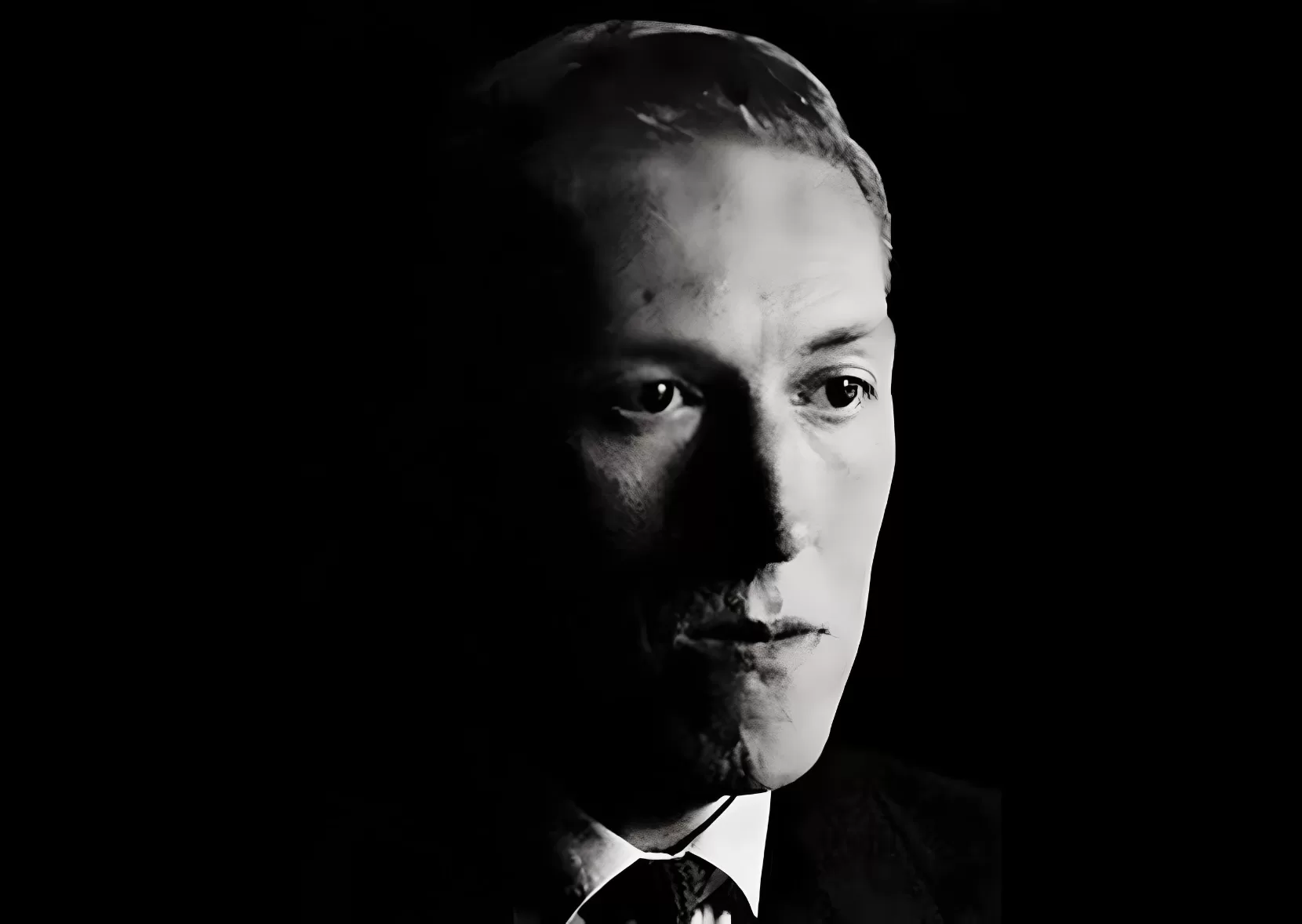Of the various conceptions brought before the human mind by the advance of Science, what can be compared in strangeness and magnitude with that of eternity and infinity, as presented by modern astronomy? Nothing more deeply disturbs our settled egotism and self-importance than the realisation of man’s utter insignificance which comes with knowledge of his position in time and space.
Life, or at least life upon the earth and the other planets of the solar system, extends but a little distance, relatively speaking, into the past; for the nebular hypothesis of Laplace can trace the ancestry of the sun and planets to a gaseous, incandescent mass which could under no circumstances support the vital principle. And this condition, removed from us by innumerable years, is obviously but a matter of yesterday as eternity is reckoned. Nor is the future prospect of much greater extent. In a few billion years, a mere second in eternity, the sun and planets must lose the heat bequeathed to them by the parent nebula, and roll black, frozen, and untenanted through space. Therefore the very existence of life and thought is but a matter of a moment in unbounded time; the merest incident in the history of the universe. An hour ago we did not exist; in another hour we shall have ceased to be.
Turning to the consideration of infinite space, we are no less paralysed with “thoughts beyond the reaches of our souls”. In our own solar system we discover the apparently boundless earth to be a comparatively small planet, and in the immediate universe we find the entire solar system but an inconsequential molecule. What, then, shall we think when we learn that all that universe is but one of an infinite number of similar star-clusters, only the nearest of which are to be seen from our part of space? And besides all this, we must ever recall that space has no boundary; that the illimitable reaches of vacancy extend endlessly out beyond our sight or comprehension, perhaps beyond the apparently infinite region of the luminiferous ether and beyond control of the laws of motion and gravitation. What mind can venture to depict those remote realms where form, dimensions, matter, and energy may all be subject to undreamt-of modification and grotesque manifestations? All that we know, see, dream, or imagine, is less than a grain of dust in infinity. It is virtually nothing, or at best no more than a mathematical point.
But whilst all these considerations may well serve to diminish the presumption of the petty philosopher, they should not be permitted to discourage humanity in its devotion to the ideals it has always pursued. Life and mankind have their place in the natural plan, however infinitesimal that place may be; and the laws of Nature are too obvious and well-defined to warrant a feeling of futility and unrest. The essential reality and rationality of our aspirations and moral code should, notwithstanding all the revelations of Science, be apparent even to the most thorough materialist.




